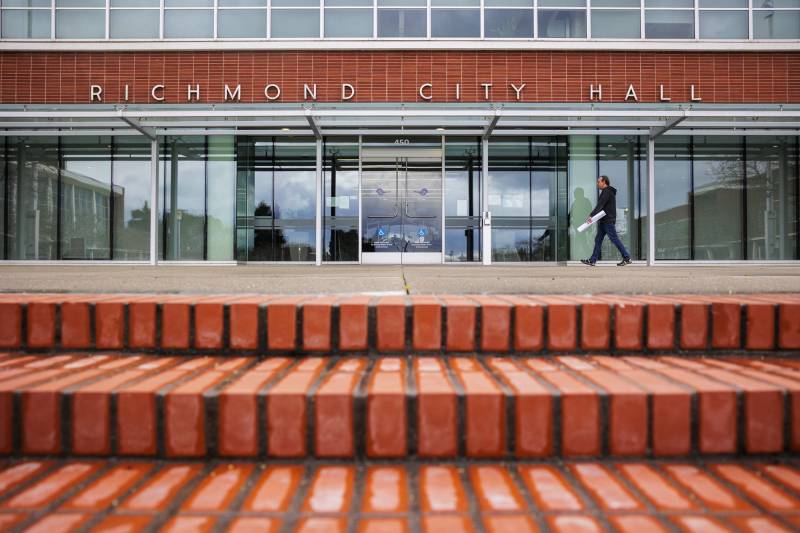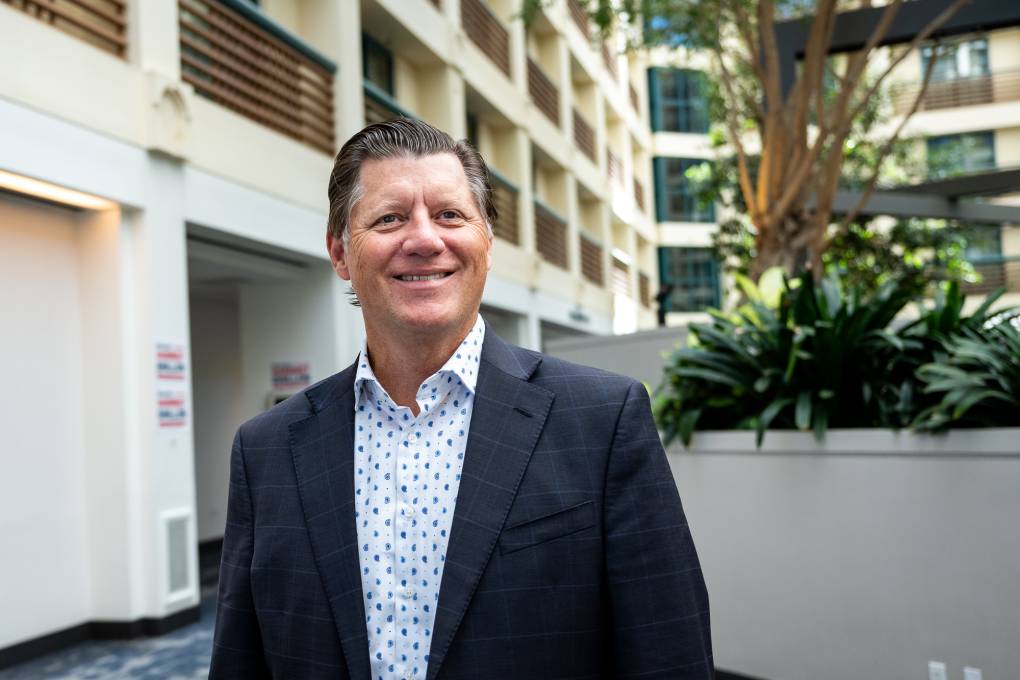The East Bay’s city of Richmond is strengthening its sanctuary city status after a unanimous City Council vote on Tuesday night.
The council approved a proposal that bars the use of city personnel and resources in assisting federal immigration enforcement officers or asking individuals about their citizenship status.
The proposal, submitted by the City Attorney’s office, follows a string of the city’s immigrant protection laws that were deemed no longer sufficient to protect Richmond’s immigrant population.


